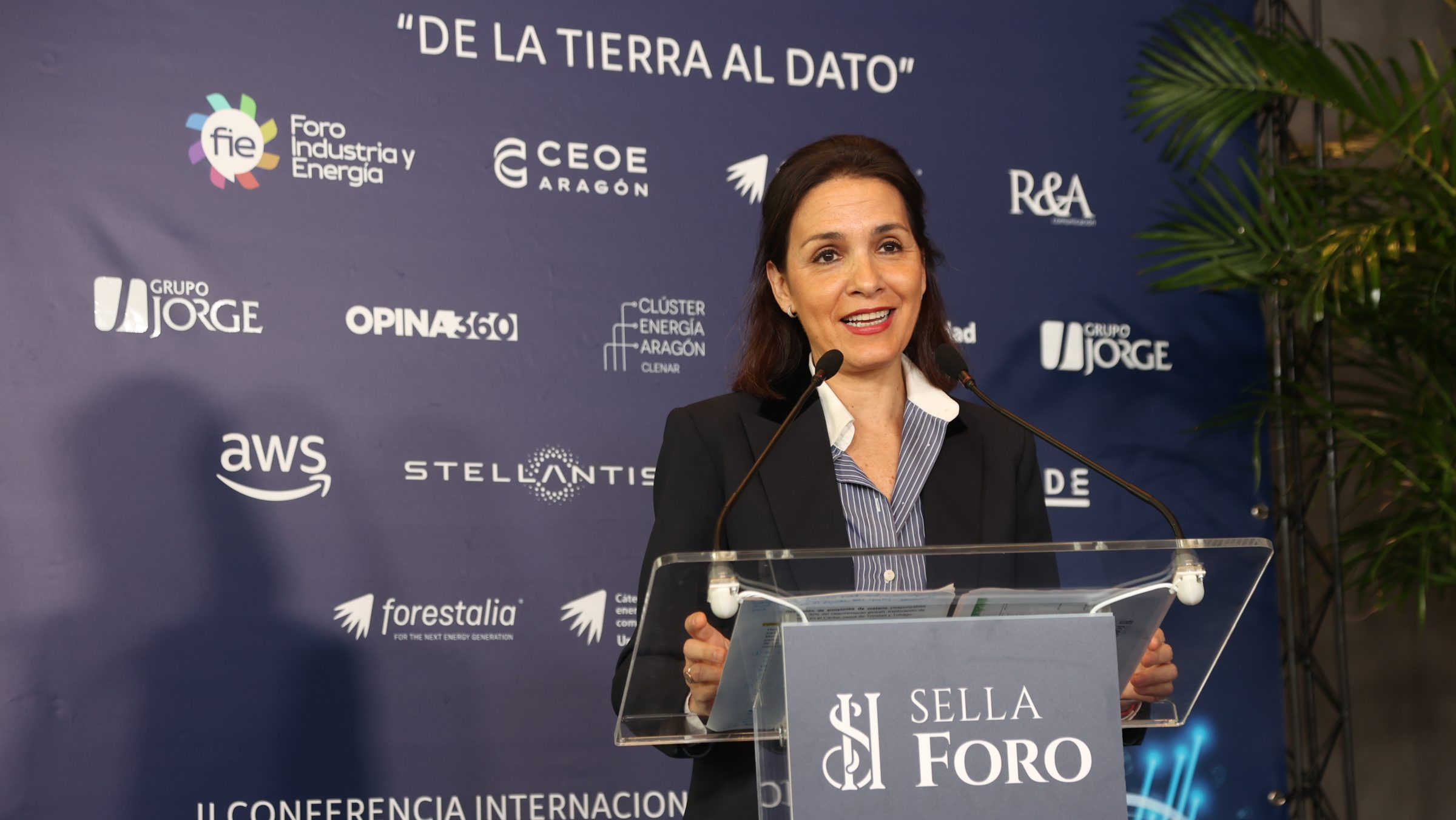The creation of a single European energy market in Europe has been one of the solutions proposed by experts gathered at Foro Sella 2024 to ensure industrial competitiveness in an environment of major changes and geopolitical adversities. Cristina Lobillo, Director of EU Energy Policy, and David Robinson, researcher at the Oxford Institute for Energy Studies, both agreed on this approach during the recent event in Villanueva de Gállego (Zaragoza), which brought together 400 attendees from the industrial and energy sectors.
In the words of Cristina Lobillo, “we need a single energy market, which does not exist in the European Union today.” The expert emphasized the need to “take measures to achieve the 80% electrification target we have set for 2050,” and the key to achieving this lies in “more renewables and more energy efficiency,” which must be developed in a way that “does not affect the competitiveness of European industry.”
For David Robinson, “the key to the future of the European Union is precisely the single market,” as the current one “is very fragmented. Almost all decisions are made at the national level.” The expert warned that the current fragmentation hinders competitiveness on the international stage: “we are competing with the United States and China, which have unified structures,” while the EU “has many capabilities but is fragmented,” he stated.
The Importance of Financing
Another challenge raised by the experts at Foro Sella was the financing of the European energy market, which directly affects technological advances. According to Robinson, “in the European Union we do not have a unified financing system, and there is also a lack of venture capital, something that exists in Silicon Valley to support new technologies.” For her part, Lobillo pointed out that the European Union is working to facilitate financing “through a stable and well-defined regulatory framework that can attract investments” to “continue advancing in the energy transition objectives.”
According to Lobillo, the resilience plans in the European Union have allocated 650 billion euros, distributed among all EU countries. Of this amount, 180 billion euros are dedicated to energy-related measures: 50% to energy efficiency and the rest to renewables, including networks, energy infrastructures, and hydrogen.
Lobillo reiterated the need to “continue working together, administrations and member states,” and warned about the importance of the intense global political calendar: “the political framework cannot be overlooked, as it has a great influence on the development of legislative frameworks and fundamental policies of the European Union,” she emphasized.

